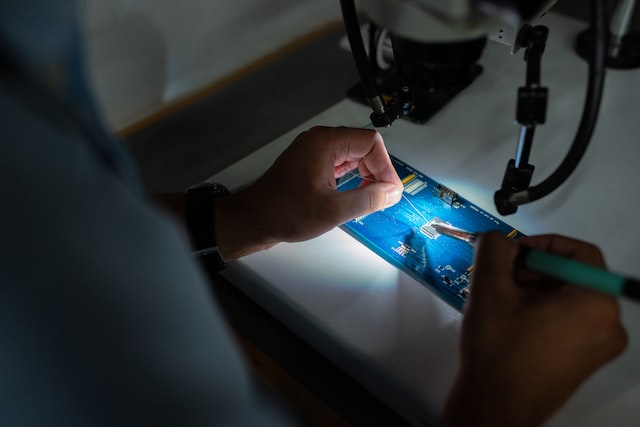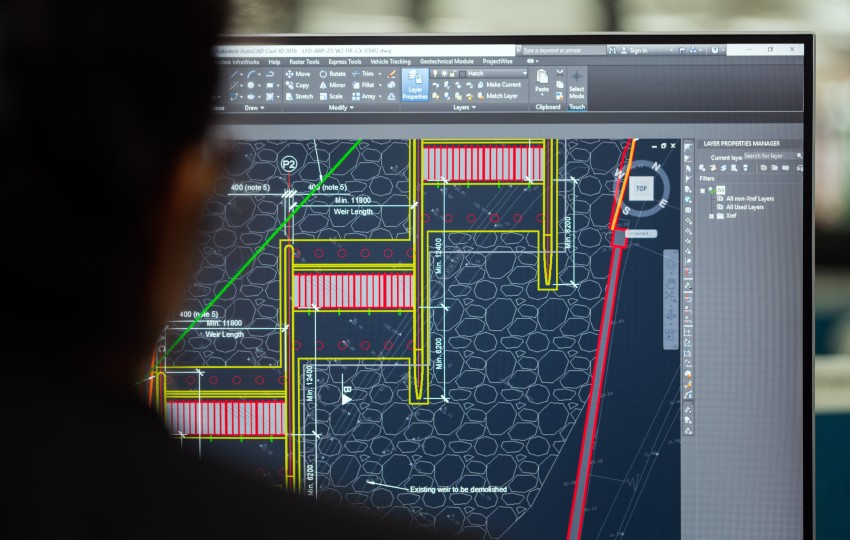Technology innovation and development, which drive long-term economic growth and solve societal challenges, depend on engineering skills and knowledge. So engineering students should be prepared for a successful professional career with solid engineering education.
A growing number of digital tools are being used in many engineering disciplines, requiring greater use of digital tools. Most commonly, engineering tools are software packages and platforms for CAD/CAM/CAE design, simulation, product development, and management.
During their time at university, engineering students need to learn how to use the same software programs they will be expected to use in the professional world to transfer these skills to their internships and first jobs. Therefore, it is also essential for engineering students to take full advantage of software tools when undertaking projects and competitions, whether on the job market or at school.
Using this software is essential for engineering students, but how can they access them?
Student Versions of Software
One of the common challenges engineering students experience during their learning journey is not having access to engineering software related to their fields for more practice and strengthening their skills.
Some engineering software companies provide Demo/student versions of their products without full access to software capabilities. Most free or discounted student versions come with restrictions, such as storage or file size limitations, license terms, or types of work they are permitted to do.
Students with such licenses can use the software only for academic and non-commercial projects, meaning they can complete coursework, participate in engineering competitions, or pursue hobby projects. However, they cannot use the program for commercial purposes without a full professional license. Besides, their claims are expensive.
For example, Industrial automation software licenses are costly (2500 USD for one user license), and students need multiple software to master before going into professional life. In this case, let’s take the following automation vendors:
To work with these vendors’ software, you need at least 7000 USD licenses which are impossible for a student to afford. And if the person wants to hire dedicated development teams, it will be necessary to provide access to the mentioned software here.
Some examples of engineering software are:
- TIA PORTALS Siemens
- STUDIO 5000 ALLEN BRADLEY
- MARKVIe General Electric
- MATLAB
- SOLIDWORKS
- AUTOCAD
For students, having access to engineering software during their education is vital, and being able to do so at affordable prices makes a huge difference. The cost of pursuing higher education is already high enough for students. Students with free access to essential software can learn the skills they need rather than just the basics.
It is a given that most universities and colleges have computer labs on campus with all the programs you need to complete your studies. Still, engineering students already know that this isn’t always an ideal solution.
Often, labs are full – sometimes even to capacity – because every student in your class needs the same software you do. There is also the possibility of the labs being closed, or (let’s be honest) you may not want to spend all day in a computer lab on campus.

To solve the lab problem, you must have the software on your computer, ready to use anytime and anywhere. One of the solutions some universities use is remote LABs and share online access for students to use engineering software for a limited time.
Software Licenses and Options
Engineering software is typically available for free in two ways to students.
Academic Institution Software Licenses
The university requires licensing agreements to install software on campus or in computer labs. Still, some universities arrange a central licensing agreement allowing faculty and students to download software to their personal computers in addition to the licensing agreements they already require. A campus-operated online storefront or campus IT services often offer this for purchase and download or for free with a license key.
Usually, these software agreements are only valid for a limited time (such as a semester or a year) and must be registered with your school’s academic IT service department. You will need to provide this information to confirm your student status, receive any license codes or keys you need for the download, and verify your eligibility for the software.
Most student licenses can only be used for academic purposes, not for commercial purposes or providing oil & gas services.
Individual Download through the Software Vendor
Some companies also offer free student software versions directly on their websites. Registration is still required. This can be done with an academic email address, a student ID number, a code provided by your school’s IT department, or any other proof of enrollment in a college or university program.
Students’ licenses vary, but they are usually renewable with their student credentials at the end of each semester or school year to keep using the software. A majority of these licenses restrict their use to academic and non-commercial purposes.

Author Bio
After the cooperation with the different manufacturers, Amir Jones decided that field service engineering services are efficient for the industry nowadays. Moreover, it is very interesting to write about it. So, he helps to clarify the basic principles and details of the process in such a way today, enjoying the process of writing and assisting people.

